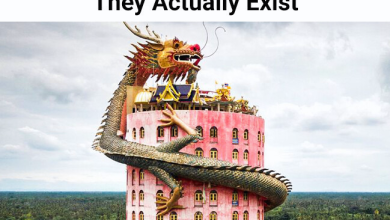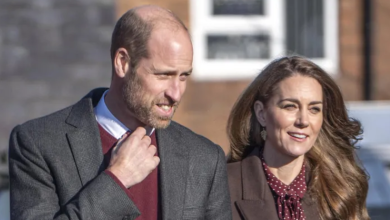Following the high-profile arrest of Luigi Mangione, the suspected killer of UnitedHealthcare CEO Brian Thompson, the McDonald’s restaurant in Altoona, Pennsylvania, has suddenly found itself in the center of a digital maelstrom. The restaurant and its employees have been the victim of a deluge of scathing reviews on the internet since the arrest, which put an end to a five-day manhunt.
The Arrest That Caused Anger

Rich Ivy League graduate Luigi Mangione was taken into custody at the East Plank Road McDonald’s after a patron recognized him from wanted posters and informed a staff member. The employee quickly dialed 911, which allowed the cops to safely capture Mangione.
Mangione, 26, is accused of possessing a silencer, a forged instrument, and second-degree murder. The accusations are related to the shooting death of Brian Thompson on December 4, which authorities said was a premeditated attack outside a hotel in Manhattan.
After Mangione’s arrest, social media users and online reviewers directed their frustration at the McDonald’s where he was apprehended. Both Yelp and Google reviews were bombarded with harsh remarks, labeling the employees as “snitches” and accusing the establishment of betrayal.
One reviewer expressed, “Fire all the rats working here!!!!!!” while another wrote, “This place is a fed hotspot—avoid at all costs.” Numerous reviews repeated the now-famous phrase, “Rats everywhere,” which alluded to the Mafia term for informants.
The surge of negative reviews led Yelp to temporarily suspend comments on the restaurant’s page, citing “unusual activity.” Google also took action, removing reviews that breached its policies on inauthentic or manipulative content.
Is it Betrayal or Heroism?

The McDonald’s worker who alerted authorities has been praised as a hero by local officials. Pennsylvania Governor Josh Shapiro commended the employee’s bravery, saying, “This employee did the right thing by helping to ensure public safety.” However, some online communities have taken a different stance, calling for a boycott of the fast-food chain and referring to the staff as “McSnitches.”
Discussions on social media and forums have been filled with contrasting opinions. One Reddit user humorously remarked, “He should’ve gone to Waffle House. That staff wouldn’t have said a word.” Others voiced support for Mangione, with one post stating, “Out of loyalty, I’ll be avoiding McDonald’s for the foreseeable future.”
Mangione’s reported actions have also sparked wider conversations about the state of healthcare in America. The manifesto allegedly found in his possession criticized the healthcare system, with some speculating that his frustration stemmed from a recent back surgery and medical bills.
This has led some to view Mangione as a folk hero, especially on platforms like TikTok and Spotify, where users have created playlists and songs that seem to glorify his actions. Tracks like Michael Jackson’s “They Don’t Care About Us” and songs from Hamilton appeared in playlists with provocative titles such as “POV: Taking Out a CEO.”
Governor Shapiro rejected the idea of Mangione as a hero, stressing that “vigilante justice is not the answer.” He added, “We do not kill people in cold blood to resolve policy differences or express a viewpoint.”
Residents in Altoona have had conflicting reactions to the occurrence. Some were taken aback by the public outcry against the McDonald’s establishment, while others applauded the prompt actions of the police and the staff. “It’s a little bit of a shock that it happened this close to home,” said nearby resident Cindy Kutruff.
Mike, another resident, emphasized the police’s professionalism by stating, “They stepped up.” They completed the task. They were able to get him without any more problems.
The Fallout

The McDonald’s review bombing is not a unique occurrence. Other companies that participate in high-profile events have been the focus of similar internet campaigns. Although Google and Yelp have now taken action to lessen the effects, McDonald’s reputation is still hurt.
This incident highlights the difficulties businesses confront in handling digital crises and the increasing power of online platforms in influencing public opinion.
What started off as a typical McDonald’s breakfast became a focal point for a national debate about justice, healthcare, and the actions of online mobs. The consequences of Mangione’s arrest are still being felt online and in the small Pennsylvania town that briefly gained national notice, even as he awaits trial.
McDonald’s may have unintentionally contributed to Mangione’s capture, but it now has to negotiate the tricky nexus of digital culture and public opinion. The question still stands as the news fades and the critiques start to come in: how should people and companies react when put in the center of such controversial events?







